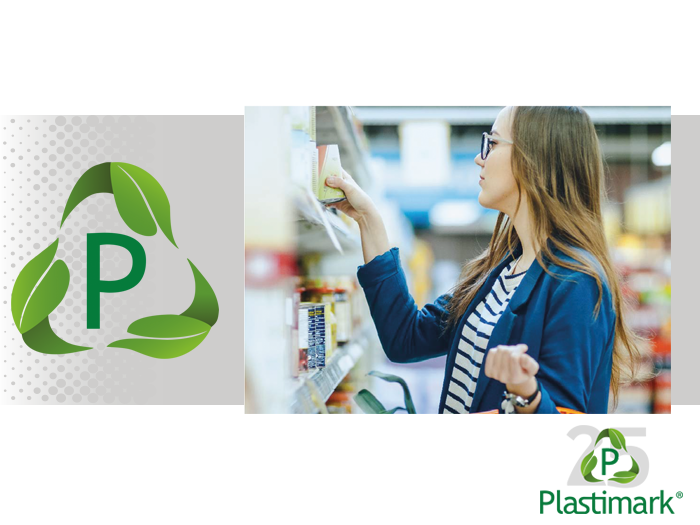The past three years have seen the habits of consumers shift at an uncommonly rapid rate in the face of significant factors that include the inflation. Consumers today are much savvier and have adopted new habits in an effort to maximize their budgets.
2023 is offering its own unique set of opportunities and challenges, and for the private label sector. Many shoppers discovered their money saving choices revealed products that rival or exceed the quality offered by legacy national brands.
Private labels – or store labels – are exclusive labels that a particular store owns. They are the packaging and brand names specific to a particular store.
Private label products have to sell themselves; they are typically items that do not necessarily need advertising campaigns to fly off the shelves. Since most private label products end up receiving large orders from major retailers, manufacturers yield the benefit of creating and shipping all products to a single customer and both factors result in reduced operating costs and emissions into the environment.
While price will continue to be a major factor in consumer spending habits and the choices they make when shopping in-store and online, industry experts also feel there is more retailers can do to highlight the benefits of store brand products that go beyond simply being less expensive than their national branded competitors.
In fact, today’s consumers choose private label products not only for their convenience, but also for their quality and consistency.
